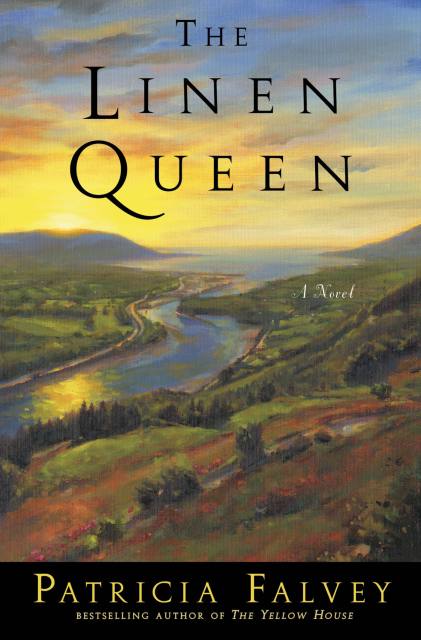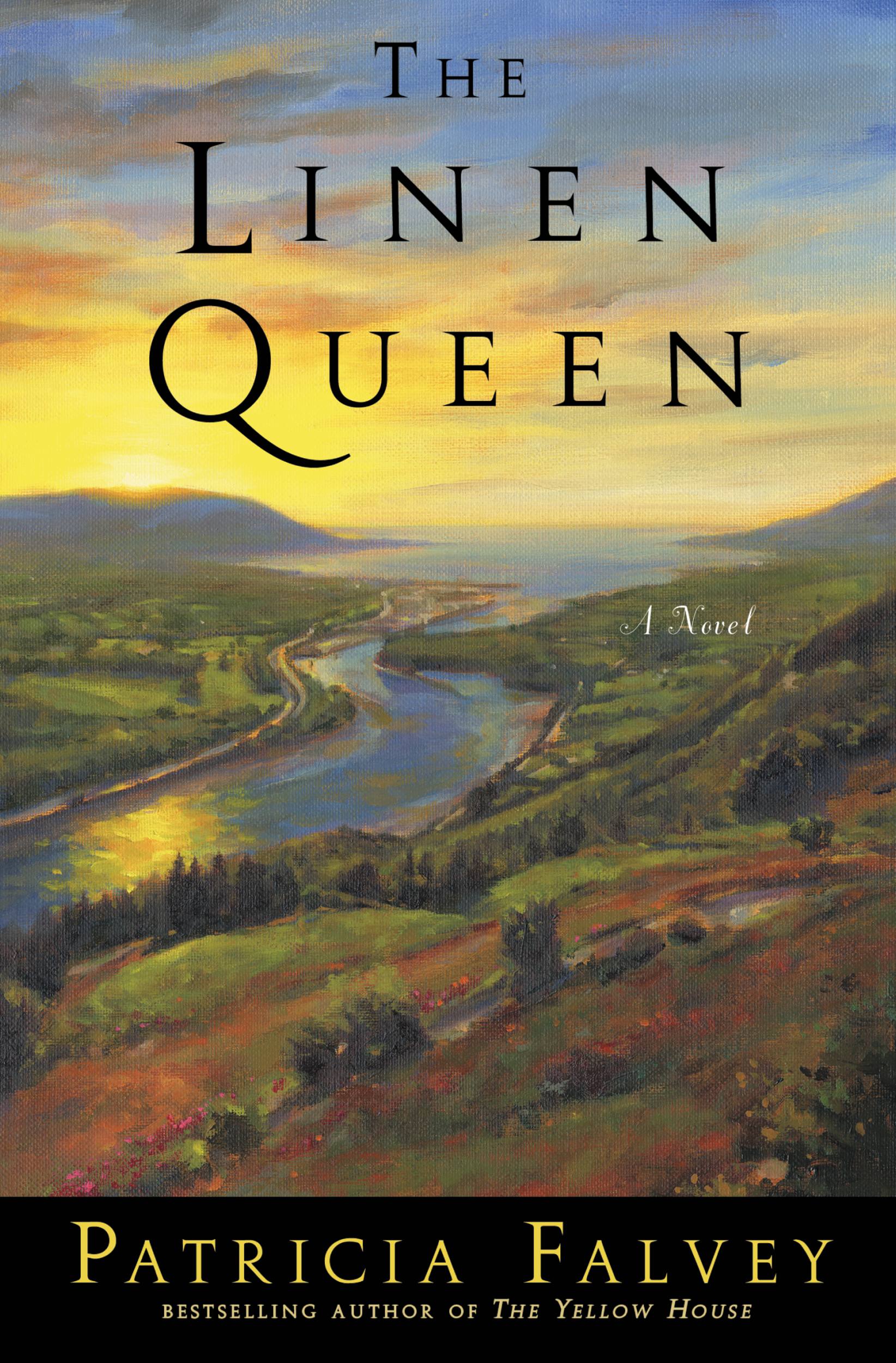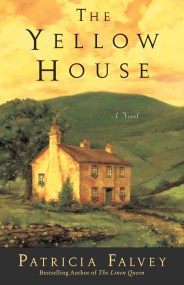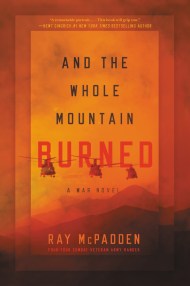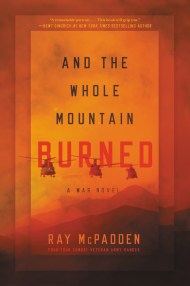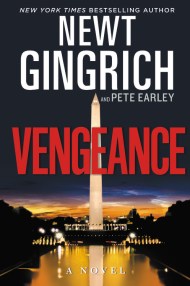Promotion
Use code MOM24 for 20% off site wide + free shipping over $45
The Linen Queen
A Novel
Contributors
Formats and Prices
Price
$9.99Price
$12.99 CADFormat
Format:
- ebook $9.99 $12.99 CAD
- Trade Paperback (Large Print) $24.99 $27.99 CAD
This item is a preorder. Your payment method will be charged immediately, and the product is expected to ship on or around March 2, 2011. This date is subject to change due to shipping delays beyond our control.
Also available from:
When American troops set up base in her village, some see them as occupiers but Sheila sees them as saviors–one of them may be her ticket out. Despite objections from her childhood friend, Gavin O’Rourke, she sets her sights on an attractive Jewish-American army officer named Joel Solomon, but her plans are interrupted by the arrival of a street-wise young evacuee from Belfast.
Frustrated, Sheila fights to hold on to her dream but slowly her priorities change as the people of Northern Ireland put old divisions aside and bond together in a common purpose to fight the Germans. Sheila’s affection for Joel grows as she and Gavin are driven farther apart. As the war moves steadily closer to those she has grown to love, Sheila confronts more abandonment and loss, and finds true strength, compassion, and a meaning for life outside of herself.
Genre:
- On Sale
- Mar 2, 2011
- Page Count
- 320 pages
- Publisher
- Center Street
- ISBN-13
- 9781599953892
Newsletter Signup
By clicking ‘Sign Up,’ I acknowledge that I have read and agree to Hachette Book Group’s Privacy Policy and Terms of Use
